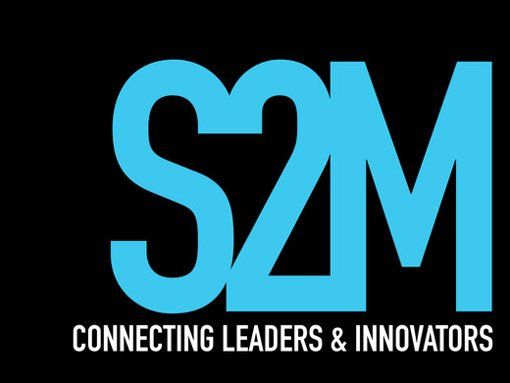Titles don’t matter in 2018
It’s almost impossible to hire in 2018 without people delving into the title for their role. In 2018 it seems that titles are starting to matter less and less. With so many “hybrid roles” being created each day, and each hybrid role transcending their relative department, over time it seems that our idea of buzzfeed-like categorisation of “what personality type would go well for this particular role” doesn’t seem to cut it any more.
Here are 3 ways titles don’t matter.
A manager doesn’t necessarily manage people anymore
If we really stop to consider the title “manager”, how many people do we know that truly own the title of manager, while simultaneously managing people. Media Sales account managers don’t manage people, they manage accounts. Business Development Managers don’t manage people, they manage revenue streams.
The word manager has been used to signify importance for so long, but it frankly doesn’t cut it anymore. Business Development in particular is becoming an increasingly vital role for tech businesses, but very rarely will they have another person to manage.
Awareness in business is much greater
The reason behind our obsession with titles is largely to do with how we used to view titles in the days before technology. In traditional media, content curation was the job of editors. Processes needed to be stuck to or else nothing would be published. These days, content stretches far beyond the simple “full page ad”, with the number of clicks, eyeballs and click-thrus being placed front and centre of all content curation. There are many other examples of this, and they all have one thing in common: technology.
As the awareness of process has improved drastically, so too has the awareness of what is involved in managing process. A person working in digital media needs to know about the trending keywords, to create content that captures the zeitgeist. As there are technological tools available to assist with this, they don’t need to consult their manager so much as they need to make a decision and stick with it.
“Managing up” means that titles don’t denote decision hierarchy any more
The term “managing up” has come to denote the process in which people that are closer to the action make the decisions, and the people above have to take the responsibility for them. The idea behind this is that the people who are able to closely observe what is going on in their day-to-day actions are better positioned to make the call on what to do next.
In this way, the titles are starting to denote responsibilities more than they are signifying decision making. As we see this happening more and more, titles will slowly become a thing of the past. Instead, people will start to talk about their impacts within the business.






